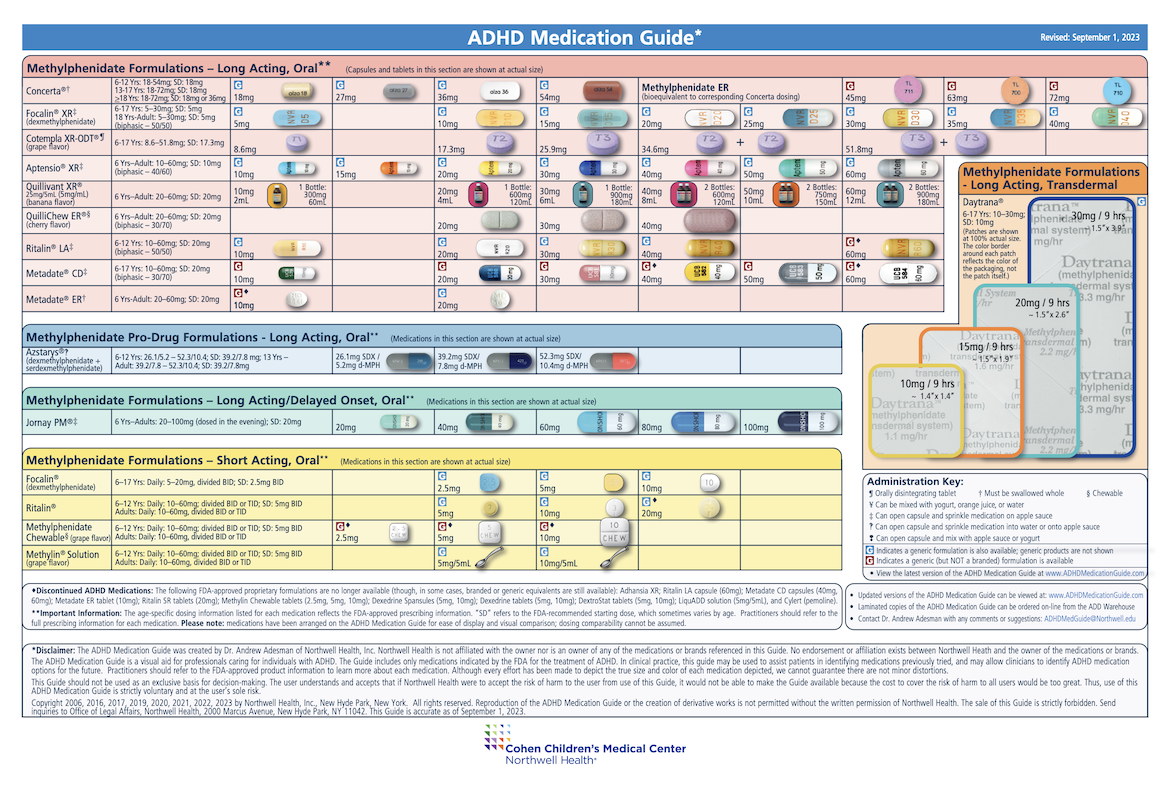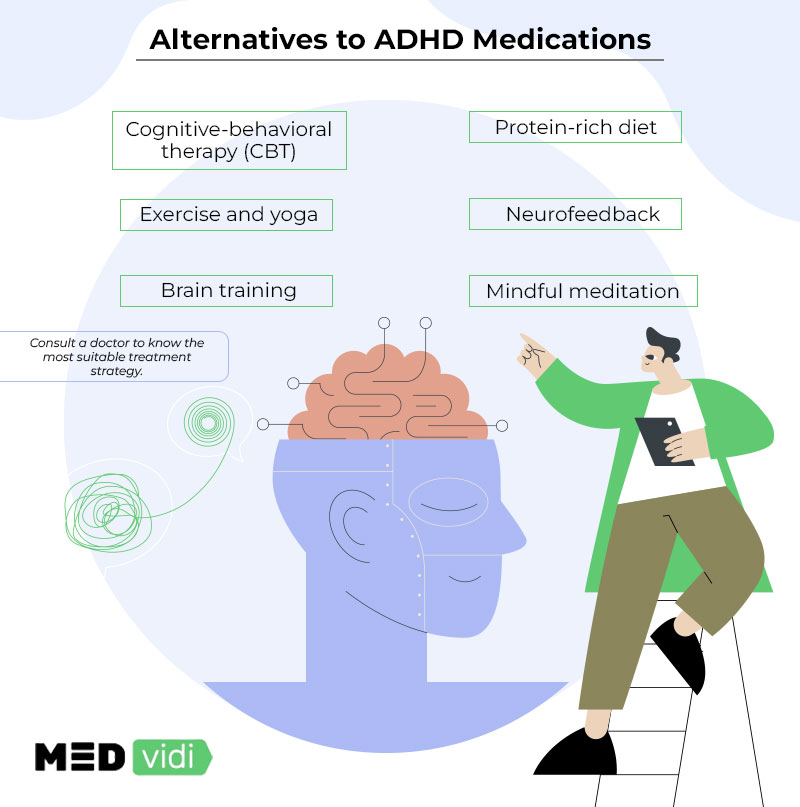Medication Management Programs for Reliable Mental Health Treatments
The Benefits of Customized ADHD Therapy Strategies for Better End Results
The application of customized ADHD therapy plans has arised as a pivotal strategy in improving healing results for individuals impacted by this condition (ADHD treatment). By recognizing the distinct symptoms of ADHD in each individual, these tailored interventions advertise higher interaction and inspiration, ultimately leading to much more effective coping approaches.
Recognizing ADHD Irregularity
Although Attention-Deficit/Hyperactivity Condition (ADHD) is often viewed as a single problem, its manifestations can differ significantly among people. Sex differences likewise play a duty, as men are much more often detected with ADHD and often display more overt signs, whereas ladies might present with less apparent inattentiveness.
Additionally, people with ADHD may experience a range of psychological and behavioral obstacles, such as stress and anxiety or opposite defiance, that can complicate diagnosis and treatment. The communication of these aspects can result in diverse experiences of ADHD, requiring a nuanced understanding of the disorder. It is also worth keeping in mind that ADHD can present in a different way across different social contexts, influencing exactly how signs are acknowledged and resolved. This understanding emphasizes the relevance of identifying ADHD as a complex problem, which asks for individualized strategies to therapy that take into account the distinct needs and experiences of each individual.
Secret Components of Personalization
Individualized ADHD therapy plans are based in a number of essential components that make certain efficient management of the disorder. Initially, a detailed evaluation is essential, involving standard score scales, meetings, and behavioral monitorings. This extensive assessment permits clinicians to understand the person's unique signs and symptoms, staminas, and challenges.
2nd, the involvement of multiple stakeholders, consisting of moms and dads, instructors, and the individual, adds to an all natural view of the person's requirements. Partnership fosters a helpful environment that can adapt to the individual's context and lifestyle.
Third, therapy strategies need to be flexible and versatile, permitting alterations based upon ongoing responses and the individual's progressing demands. This adaptability allows the assimilation of different therapeutic methods, such as behavior treatments, psychoeducation, and medication management.
Additionally, social and contextual factors should be taken into consideration. Identifying the individual's background, values, and preferences makes sure that the therapy matters and respectful.
Lastly, regular follow-ups and evaluations are necessary to monitor progress and make required modifications. By focusing on these essential elements, customized ADHD therapy strategies can significantly enhance the effectiveness of interventions, resulting in enhanced results for people with ADHD.
Improved Interaction and Motivation
To successfully advertise boosted involvement and inspiration in people with ADHD, it is necessary his response to integrate methods that reverberate with their interests and staminas. Individualized treatment plans that line up with a person's passions can result in increased engagement in healing tasks, fostering a sense of possession and excitement for the procedure.
Making use of interactive and imaginative approaches can also significantly enhance motivation. Including gamification components or real-world applications of abilities can make tasks more appealing and pertinent. This not just records attention but also reinforces finding out via delightful experiences.
Moreover, setting possible and purposeful objectives tailored to the individual can bolster inspiration. When people see their progression towards personally significant objectives, they are most likely to continue to be involved. Normal responses and recognition of achievements can additionally receive motivation, creating a favorable responses loophole that motivates ongoing effort.
Finally, cultivating a supportive atmosphere where people really feel comprehended and valued can considerably affect their involvement degrees. When treatment strategies are developed collaboratively, incorporating input from the person, they are extra most likely to feel purchased their journey, inevitably bring about boosted outcomes in handling ADHD.
Improved Coping Strategies
Establishing improved dealing strategies is critical for people with ADHD, as it equips them with efficient tools to navigate daily challenges. An individualized therapy plan permits the identification of particular coping systems customized to the person's special needs and situations - ADHD treatment. Methods such as mindfulness, time administration abilities, and organizational approaches can be integrated right into day-to-day regimens, cultivating a sense of control and reducing stress and anxiety
Mindfulness practices, consisting of reflection and deep-breathing exercises, assistance individuals with ADHD focus their interest and control their feelings. Time management approaches, such as making use of timers or damaging tasks right into smaller sized, convenient steps, can mitigate sensations of overwhelm. In addition, business devices like planners see this page and checklists can enhance performance and responsibility.
Long-lasting Positive Outcomes
Executing customized ADHD treatment plans can bring about substantial lasting positive outcomes for individuals. These tailored strategies, which think about unique signs, preferences, and life scenarios, look at this web-site assist in a lot more effective administration of ADHD signs with time. By focusing on the certain requirements of the individual, these strategies improve adherence to treatment protocols and foster greater interaction in therapeutic activities.

Additionally, customized therapy strategies can substantially decrease the threat of comorbid conditions, such as stress and anxiety and clinical depression, which are commonly related to ADHD. Early intervention and constant support aid individuals develop durability and coping strategies, advertising general mental health.
Ultimately, the long-lasting favorable outcomes of individualized ADHD therapy plans not just improve the lifestyle for individuals yet additionally add to their general health and success in various life domain names. This alternative method underscores the relevance of customized treatment in managing ADHD successfully.
Final Thought
